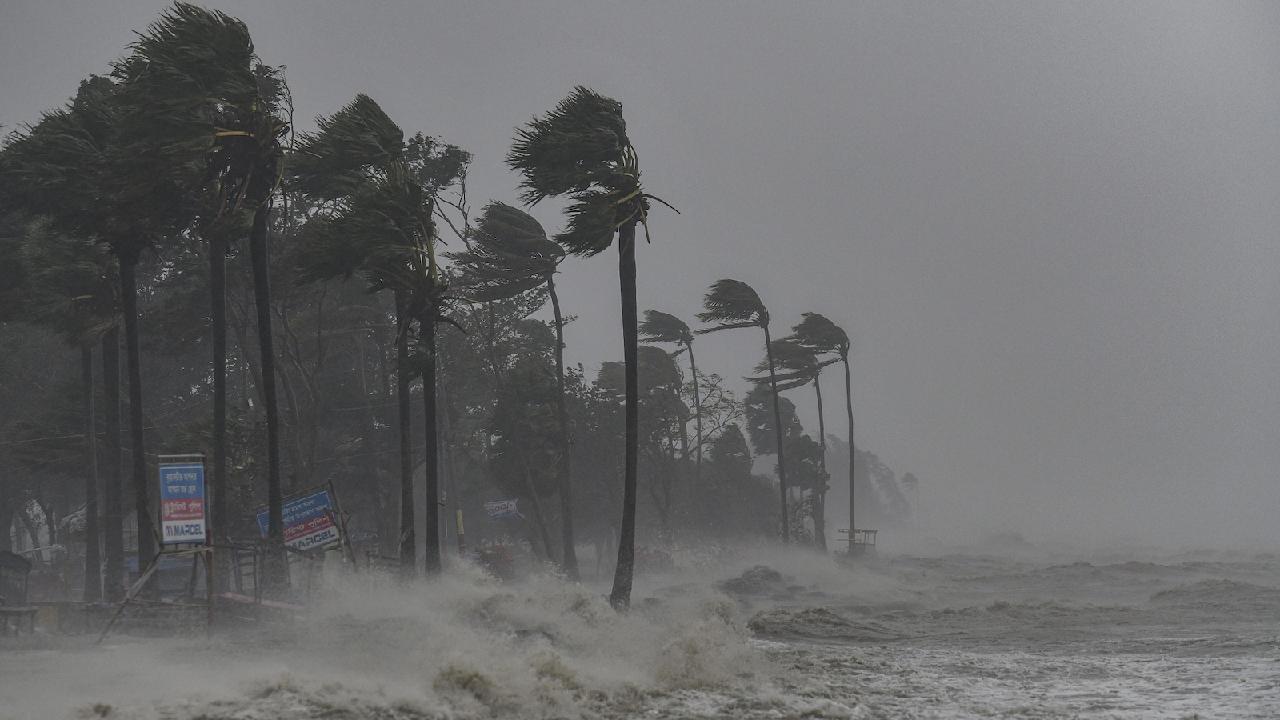Climate Crises Impact Schooling for 33 Million Children in Bangladesh in 2024
In 2024, climate crises significantly disrupt the education of 33 million children in Bangladesh. The impact of environmental challenges poses serious threats to their schooling and future opportunities.

The report, titled "Learning Interrupted: Global Snapshot of Climate-Related School Disruptions in 2024," published on Friday, marks the first analysis of its kind and highlights that extreme weather incidents like heatwaves, cyclones, and floods caused numerous school closures worldwide.
In total, at least 247 million students across 77 countries experienced interruptions to their education due to weather-related events in 2024, with South Asia emerging as the hardest-hit region.
In Bangladesh, widespread heatwaves in April and May posed severe risks of dehydration and heatstroke to children, leading to school closures for up to two weeks nationwide. This was further complicated by the impact of cyclone Remal, followed by heavy flooding in June, which affected up to 18.4 million people, including 7 million children.
"The increasing frequency and intensity of extreme weather events, exacerbated by the climate crisis, is having a knock-on effect on children's education in Bangladesh and depriving children of their right to learn," commented Rana Flowers, UNICEF representative to Bangladesh.
"Extreme temperatures and other climate hazards don't only damage schools, they can affect students' concentration, memory and mental and physical health," she added. Flowers also noted that prolonged school closures raise the risk of children, particularly adolescent girls, dropping out of school, as families may resort to marrying them off to alleviate economic pressures.
The UNICEF Children's Climate Risk Index indicates that children in Bangladesh are already among the world's most exposed and vulnerable populations to climate and environmental hazards.
Frederick R Cook for TROIB News
Find more stories on the environment and climate change on TROIB/Planet Health












